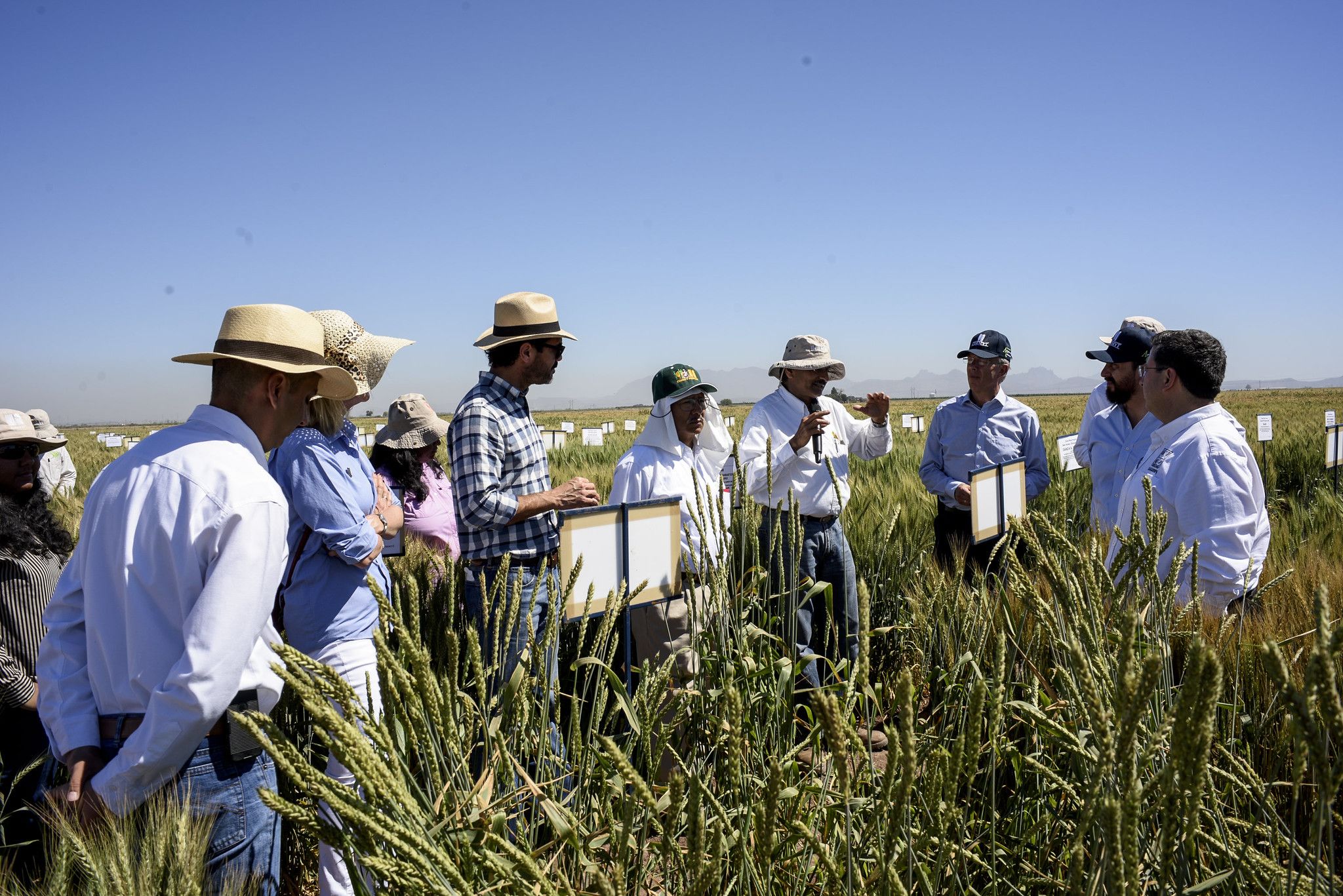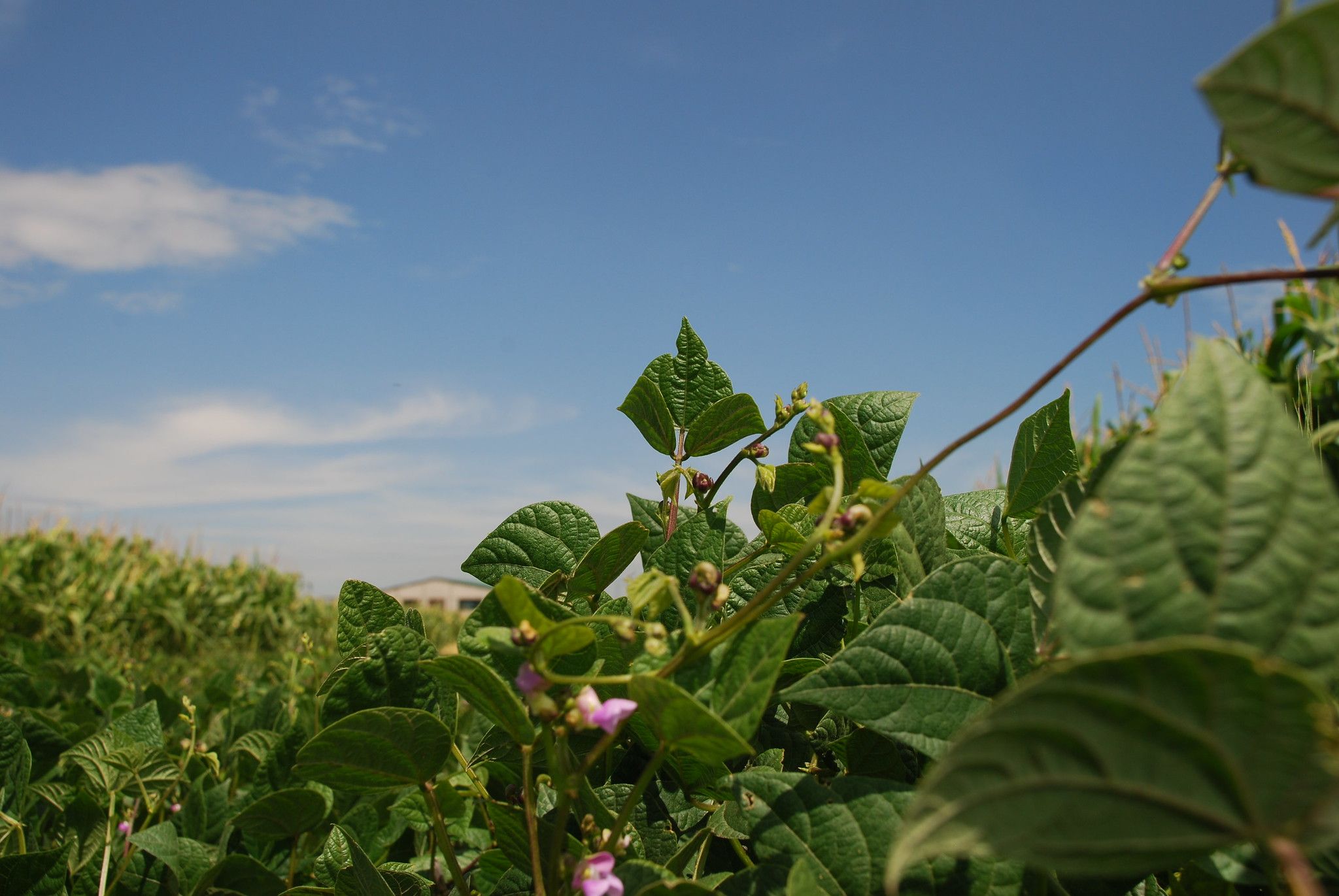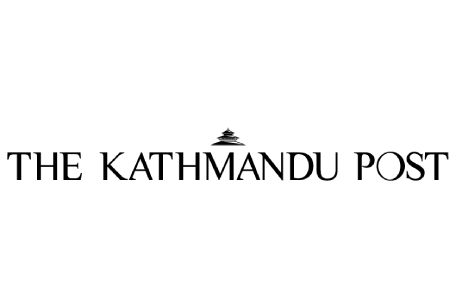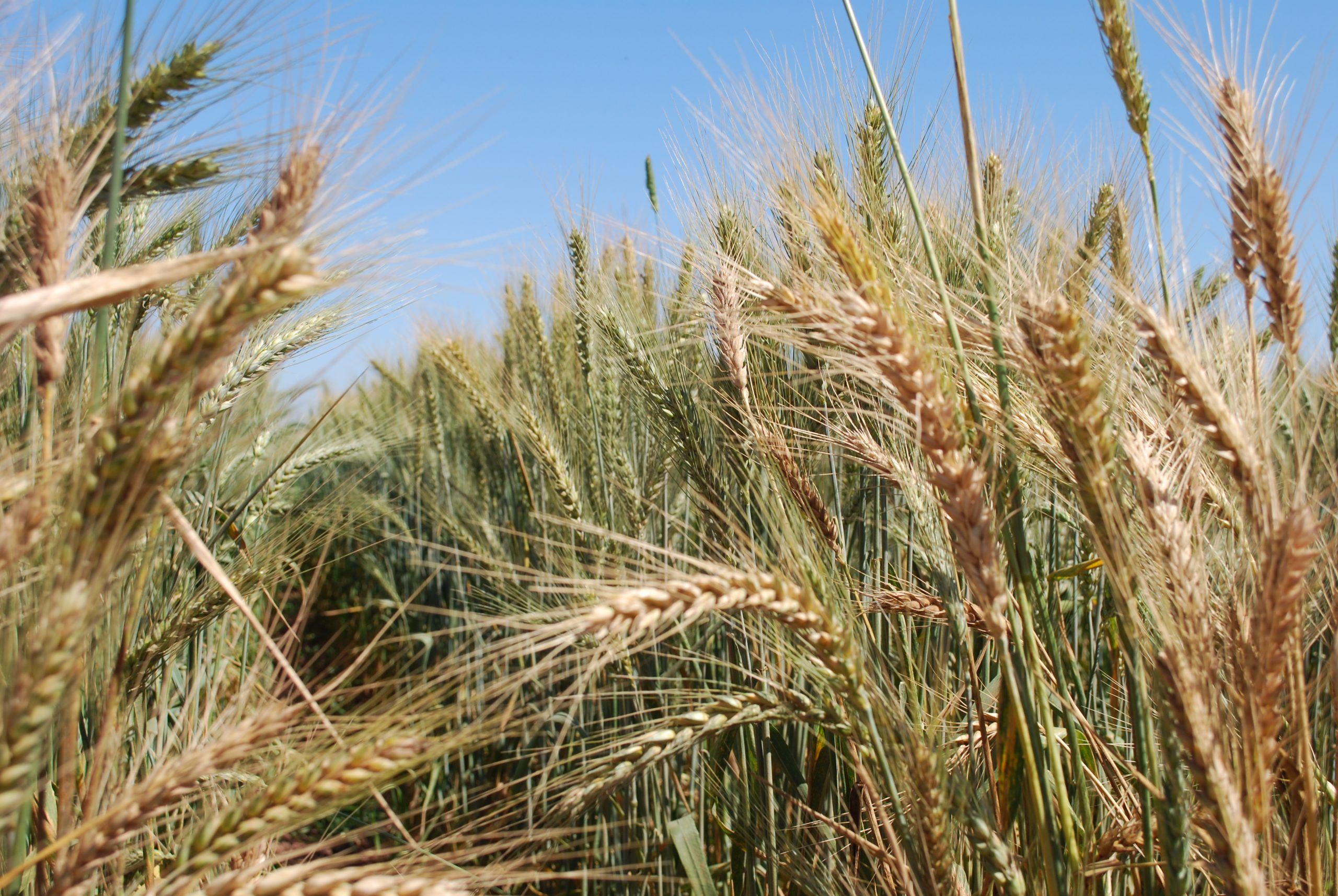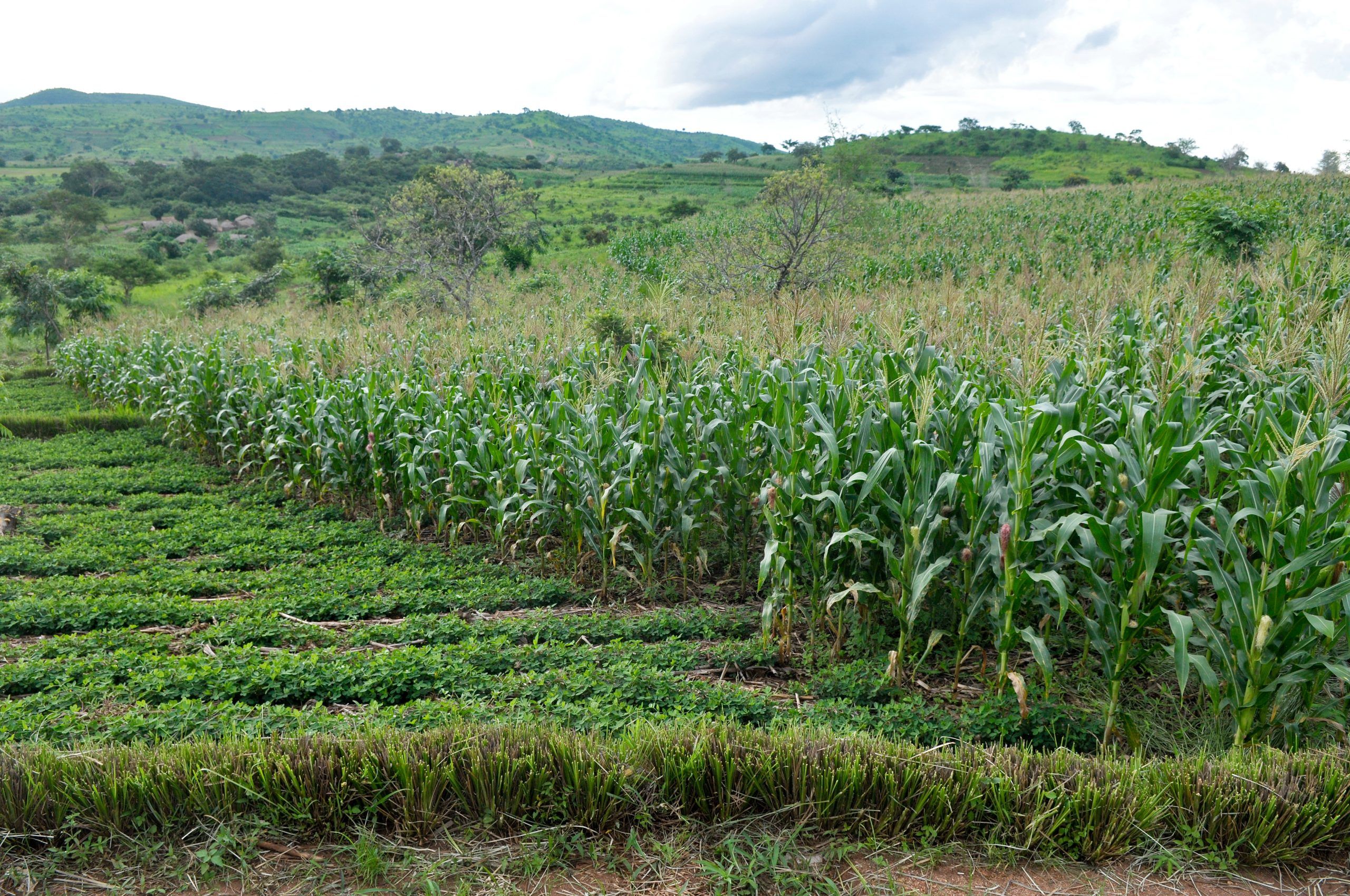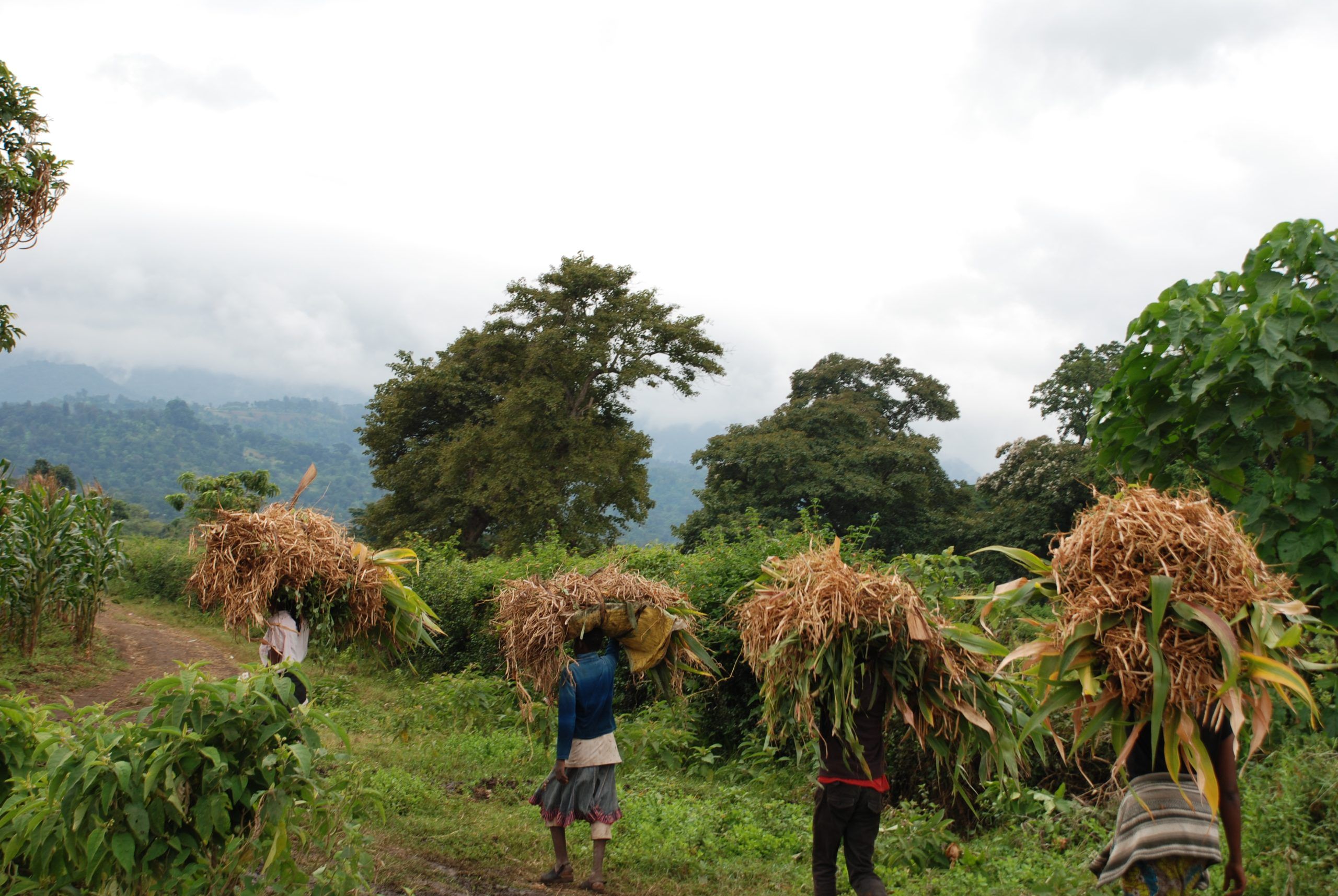Climate change to reduce Africa, South Asia wheat output
Several factors, including temperature, water deficit, and water access, have been identified as major causes in recent wheat yield variability worldwide. DSSAT wheat models showcase the impact of temperature, heat stress, water balance and drought stress in large wheat yield reductions due to climate change for Africa and South Asia, where food security is already a problem.
Read the full story here




